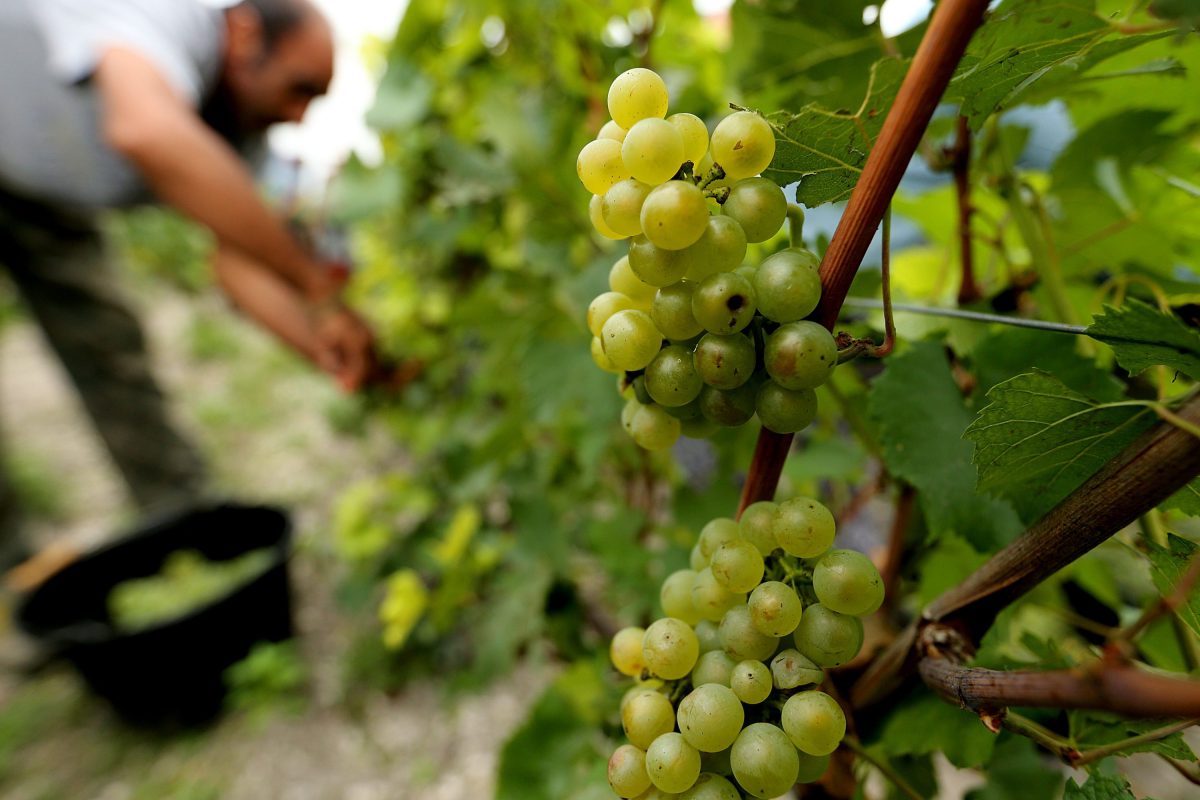Oenophiles beware, global warming is now coming for your bubbly.
As the planet’s climate has warmed over the past few decades, harvests in the renowned wine-making region have steadily moved earlier in the season. This shift—champagne harvests are now two weeks earlier than 20 years ago—gives the grapes less time to produce the acid that is a key component in the sparkling wine’s signature flavor and mouthfeel.
The region’s vintners have taken steps to protect the integrity of their product, however. Mixing in stockpiled, reserve vintages helps maintain the quality and consistency of the newer ones. Some in the industry have also taken steps to cultivate more resilient grapes that can better handle growing in warmer temperatures. And a few vineyards are now blocking the second round of fermentation—a step that takes place once the wine is stored in barrels—to preserve more of the acid.
Nevertheless, the storied wine may end up a relic of another age unless current warming trends change. “If the future heats up too much,” warned Jean-Baptiste Lecaillon, of the famous champagne label Louis Roederer, “we’ll just have to make Burgundy.”
Thanks for reading InsideHook. Sign up for our daily newsletter and be in the know.



















